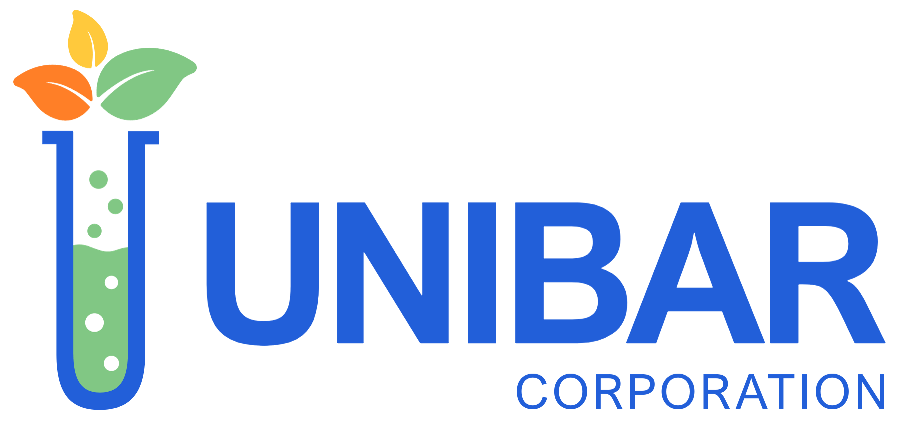UniGold™ Stable Lutein
UniGold™ Stable Lutein
UniGold™ Stable Lutein
Plant Part Used
Unigold™ is made from Indian-grown marigold flowers, one of the most concentrated sources of Lutein in nature.
Traditional Use
Lutein is a carotenoid — a phytochemical found in fruits, vegetables, herbs, spices, and egg yolks that give foods their yellow, orange, and red hues. All these foods have been in the human diet for thousands of years. Kale and spinach are among the best sources of Lutein, but the Lutein in eggs is particularly well absorbed. Carotenoids may be the reason carrots have a reputation for supporting healthy vision.*
Phytochemistry
Carotenoids like Lutein are fat-soluble pigments that have antioxidant properties. There are more than 750 Carotenoids found in plants, algae, and photosynthetic bacteria, yet only 20 are found in the human body.1Roberts RL, Green J, Lewis B. Clin Dermatol. 2009 Mar-Apr;27(2):195-201. Of these, Lutein is the most researched.
Pharmacology
Lutein is best absorbed in the presence of fats, which is why eggs are an excellent delivery system for this phytochemical. That is the reason why Unigold™ Lutein is available in a vegetable oil suspension. In addition to aiding absorption, lipids also help distribute Lutein through the body, allowing it to reach the target tissues of the eyes and skin. Once absorbed, Lutein is stored in the body, rather than being immediately eliminated.
Indications
- Supports the health of the eyes and promotes visual function*
- Protects the macula of the eye — which is responsible for central (as opposed to peripheral) vision*
- Filters out harmful blue light, shielding the lens of the eye from light damage*
- Reduces the effects of glare on visual performance*
- May protect skin against premature aging by boosting antioxidant capacity of skin*
Research
Eye Health
Lutein is one of only two Carotenoids — out of 750 in nature — that accumulates in the macula of the eye, contributing to macular pigment ocular density (MPOD). That is important, because MPOD2Ahmed S, Lott MN, Marcus DM. Surv Ophthalmol. 2005 Mar-Apr;50(2):183-93. is considered a good predictor of eye health and visual function.*
Central Vision
High levels of MPOD have been associated with clear central vision.*3Snellen EL, et al. Acta Ophthalmol Scand. 2002 Aug;80(4):368-71.4No authors listed. Arch Ophthalmol. 1992 Dec;110(12):1701-8.5Beatty S. Invest Ophthalmol Vis Sci. 2001 Feb;42(2):439-46. The LUNA study, which included 136 participants aged 51 to 87, found that taking a carotenoid supplement consisting of 12 mg of Lutein, 1 mg of Zeaxanthin, and antioxidant vitamins for 6 months significantly increased MPOD.*6Trieschmann M, et al. Exp Eye Res. 2007 Apr;84(7):718-28. The Veterans LAST study — a double-blind, placebo-controlled trial with 90 volunteers — showed supplementing with 10 mg of Lutein for 1 year increased MPOD and improved visual function.*7Richer S, et al. Optometry 2004 Apr.75(4):216-30.
Blue Light Protection
Lutein protects the macula lutea (the portion of the retina where light is focused) from high-energy wavelengths of light, filtering out potentially damaging blue light.8*Roberts RL, Green J, Lewis B. Clin Dermatol. 2009 Mar-Apr;27(2):195-201.
Glare Reduction
A 6-month study of 24 young people with healthy vision found that supplementing with Lutein and Zeaxanthin increased their MPOD and improved their ability to see under glare conditions similar to bright sunlight.*9Anti-glare effects for Lutein, zeaxanthin; vitamin D for artery health. ScienceBased Health. 2008. https://www.sciencebasedhealth.com/ContentPage.aspx?WebpageId=29710Stringham JM, Hammond BR. Optom Vis Sci. 2008 Feb;85(2):82-8.
Skin Health
In addition to being present in the eye, Lutein is also found in the skin. Animal studies suggest it protects against UV skin damage.*11Roberts RL, Green J, Lewis B. Clin Dermatol. 2009 Mar-Apr;27(2):195-201.
Mechanism of Action
Lutein provides antioxidant protection to the delicate structures of the eye and filters harmful blue light, protecting the eye from UV radiation.*12Junghans A, Sies H, Stahl W. Arch Biochem Biophys. 2001 Jul 15;391(2):160-4.
Dosage
The most common dose in human clinical studies is 10-13 mg (either Lutein or Lutein plus Zeaxanthin).
Safety
Lutein has been safely consumed in fruits, vegetables, herbs, spices, and eggs since antiquity. A safety study conducted in rats found no adverse effects in doses as high as 400 mg per kg of body weight — the highest dose tested.*13Ravikrishnan R, et al. Food Chem Toxicol. 2011 Nov;49(11):2841-8.
* These statements have not been evaluated by the Food and Drug Administration. These products are not intended to diagnose, treat, cure, or prevent any disease.
Let’s talk ingredients
Connect with us to find out what our innovative, research backed ingredients can do for your products.
Unibar Corporation
[email protected]
Office: (281) 556-5670

